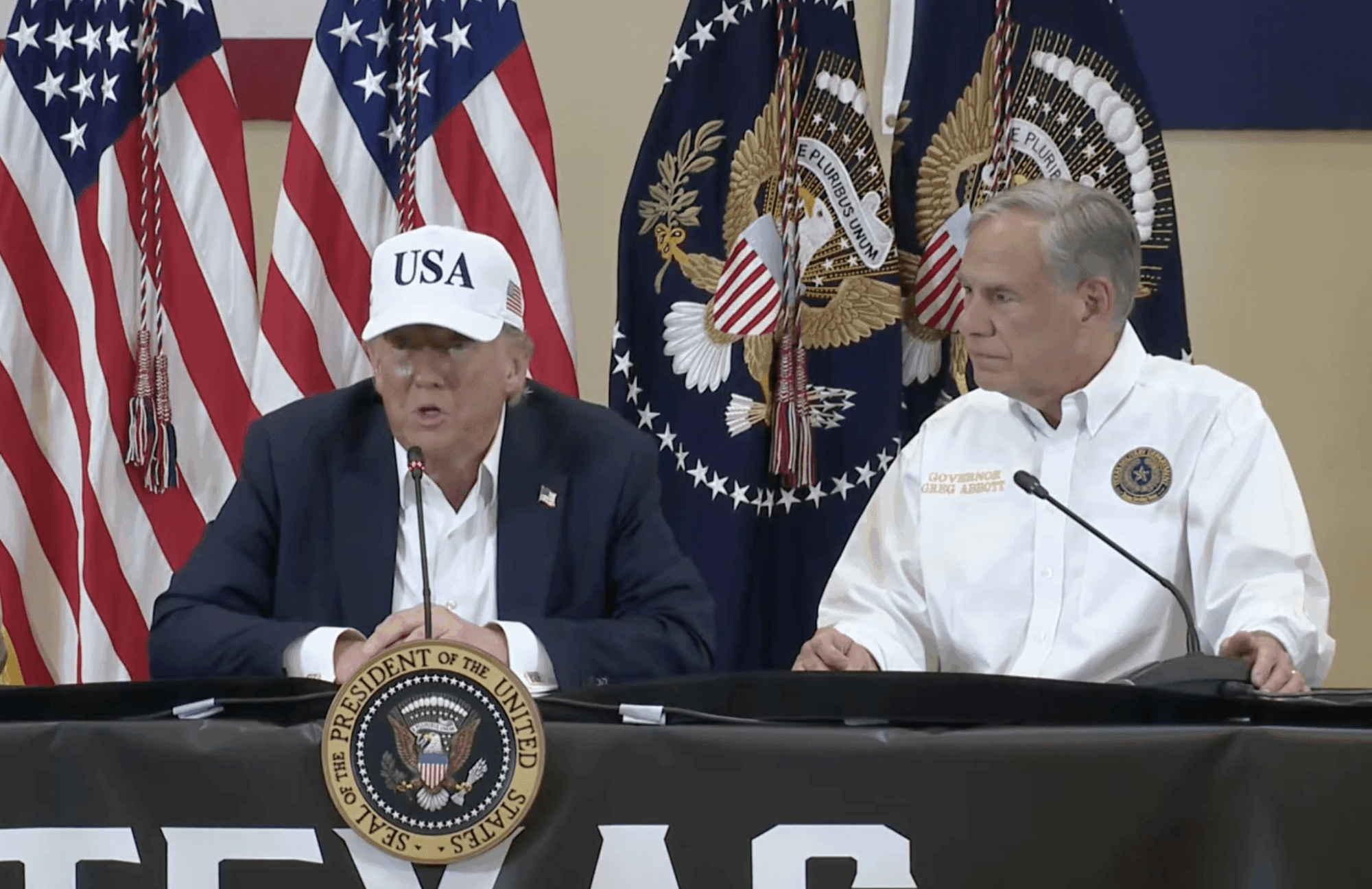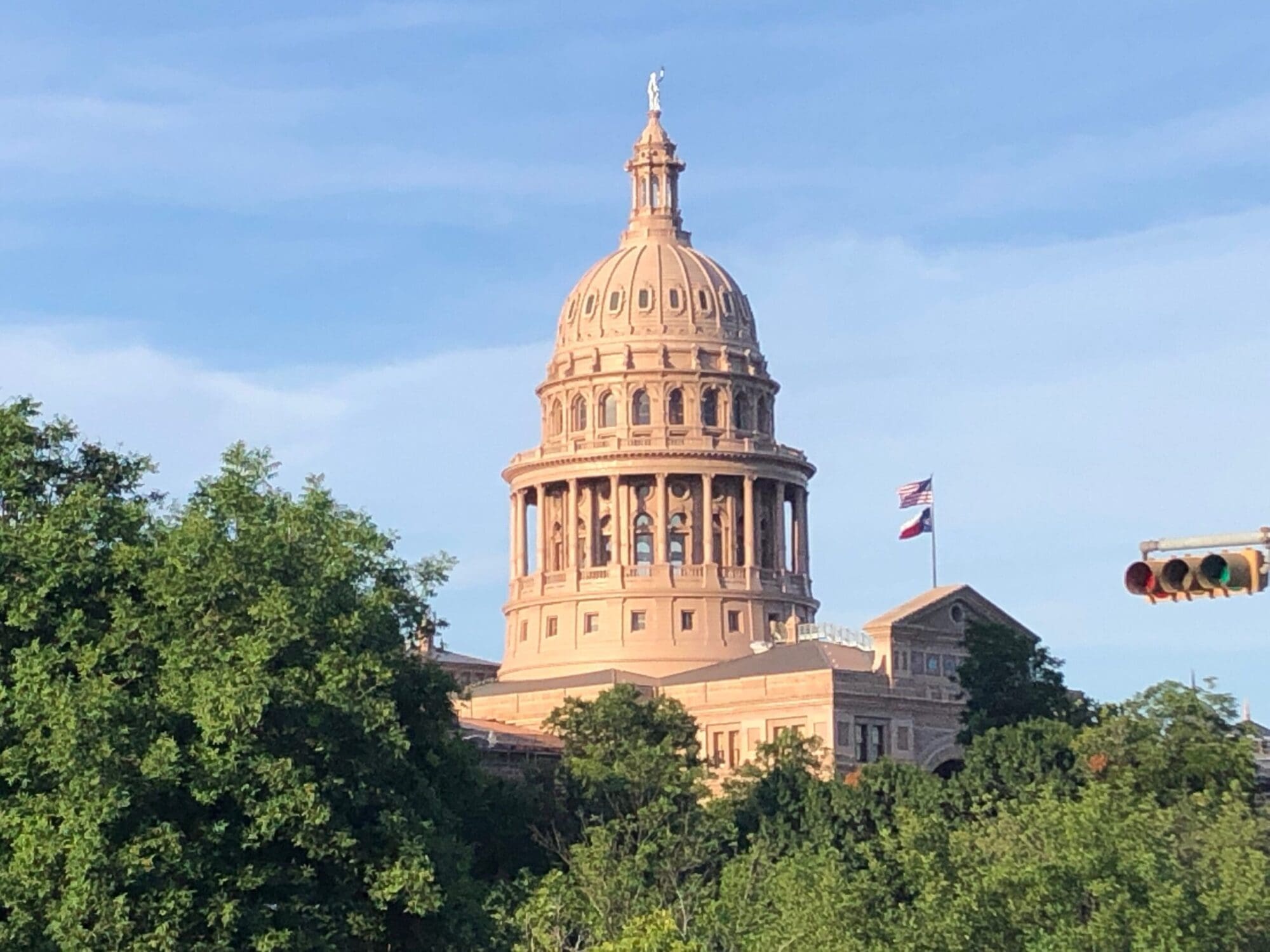AUSTIN — As Texans are increasingly aware of our power grid’s security after February’s historic winter storm, two state lawmakers are proposing to fortify our systems against a different type of threat—hostile countries.
State Sen. Donna Campbell (R–New Braunfels) and State Rep. Tan Parker (R–Flower Mound) have submitted legislation to stop infrastructure-related contracts between Texans and adversary nations.
Specifically, Senate Bill 2116—dubbed the Lone Star Infrastructure Protection Act—states that Texas businesses and government officials are not allowed to make infrastructure agreements with certain foreign countries, nor give them control or direct or remote access to any of the state’s core systems.
“Critical infrastructure” includes the power grid, water treatment or chemical facilities, communication systems, and cyber networks.
According to the bill, Texans may not make such contracts with businesses or government officials from “China, Iran, North Korea, Russia, or a country designated [by the Texas governor as a threat to critical infrastructure].”
“These nations must be banned from connecting into Texas critical infrastructure due to their rampant human rights abuses, illegal intelligence gathering, intellectual property theft, critical infrastructure attacks, and cyber system attacks,” said Sen. Campbell.
“The protection of critical infrastructure is vital to the protection of military capabilities, United States national security, safety of Texans, and the operation of the Texas economy,” she added.
“We cannot open the doors to hostile foreign interests who have an intent to harm and allow them to have a stake in Texas’ critical infrastructure,” said Rep. Parker.
The proposal is currently making its way through the legislative process. Last week, state representatives hosted a public committee hearing on the Texas House version (House Bill 4359), then a Senate committee hosted a parallel public hearing on their version.
Both committees must approve the bill to send it to their respective full Senate and House chambers for consideration and a vote. If approved in both chambers, the legislation will go to the governor’s desk to be signed into law.
The state Legislature has only 40 days left to consider and pass new laws. Concerned citizens may contact their state senator and representative.





